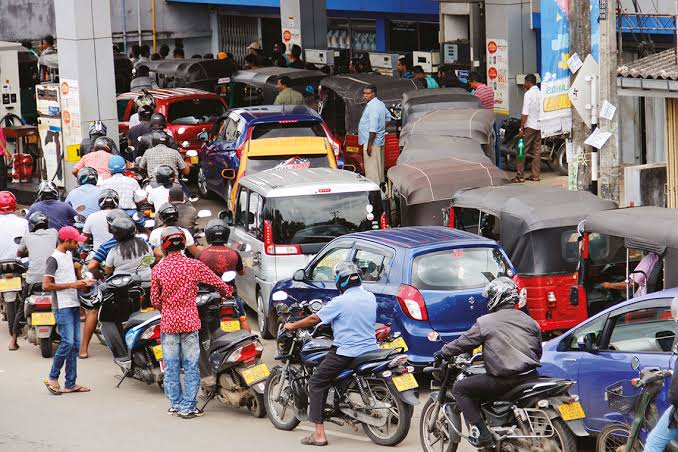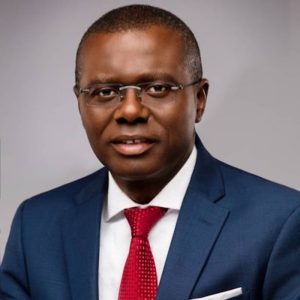
An official of the Nigerian Midstream and Downstream Petroleum Regulatory Authority has issued a stern warning to fuel station owners against selling petroleum products directly to customers, citing safety concerns.
This is as residents in the Federal Capital Territory, Abuja, have continued to grapple with fuel scarcity.
Speaking during a recent inspection in Abuja, the official emphasised the gravity of the situation, saying, “You need to take it very seriously. If you need security reinforcements, speak to your management.”
The official stressed that the authority believes fuel station owners are selling products from their premises, stating, “Our conclusion, our understanding is that you are selling this from here. There is no other place that they manufacture it from. Do you understand?”
The agency also stated took to its X (formerly Twitter) handle on Friday, warning against the illegal sale of petroleum products, particularly Premium Motor Spirit, in jerrycans.
The agency stated, “NMDPRA embarks on a war against the illegal sale of petroleum products, especially PMS in jerrycans. Filling stations are advised to desist from servicing illegal peddlers; failure to do so would result in the suspension of retail licenses.”
On Friday, long queues of vehicles were observed at various fuel stations across the FCT, with many stations closed due to a lack of supply.
In the Kado axis of the Abuja Municipal Area Council, some fuel stations, including AA Rano, were selling fuel at N849 per litre, while others remained shut.
In Bwari town, three out of the four Nigeria National Petroleum Corporation stations were operational, selling fuel at N617 per litre.
A taxi driver waiting at an NNPC station, Bwari, who gave his name simply as Matthew, expressed his concerns, saying, “I have been experiencing a lot of challenges due to the scarcity. It has been a real headache. When we finally get the money, we are supposed to spend it with happiness and joy, but instead, we are spending it with sadness.
“As a taxi driver, I am struggling to make ends meet. I have to work one day just to get fuel and another day to do my actual job. It is a constant struggle. We are facing challenges just to survive, and it is not giving us any joy. We are struggling in our own country, and it is frustrating.
“I implore the government to look into this issue and find a lasting solution. We need a better way forward to bring joy and prosperity back to our lives.”
The situation was no different for other workers in Bwari, including tricycle riders like Faruk Olawale, who stated that the fuel scarcity had been taking a serious toll on his business.
“I have been here for some minutes. I am not sure how long it will take me to get fuel. That is supposed to be time for me to work. I have already spent 30 minutes trying to get fuel.
“I run my tricycle business, and I can make around N2,000 to N3,000 daily. What I want the government to do is reduce the fuel price.”
A retired civil servant, Uloko Samuel, argued that the government should find a way to reduce petrol prices.
“I think Nigeria should have returned the fuel subsidy. A reduction in fuel prices would have been beneficial for us, allowing us to enjoy the benefits of democracy,” he noted.
To cope with the fuel scarcity in the FCT, many residents have resorted to trekking long distances.
One resident, Goodness Michael, who walked more than 2km before finding a tricycle, remarked, “I stood by the roadside for several minutes without a vehicle. The taxis are all queued up at the fuel stations. Imagine trekking for more than 2km to access a Keke (tricycle).”
Another resident of the FCT, Mr Rotimi Samuel, lamented, “My son went to get fuel to power our generators, but he could not get it because they refused to sell.”
SOURCE: PUNCH





